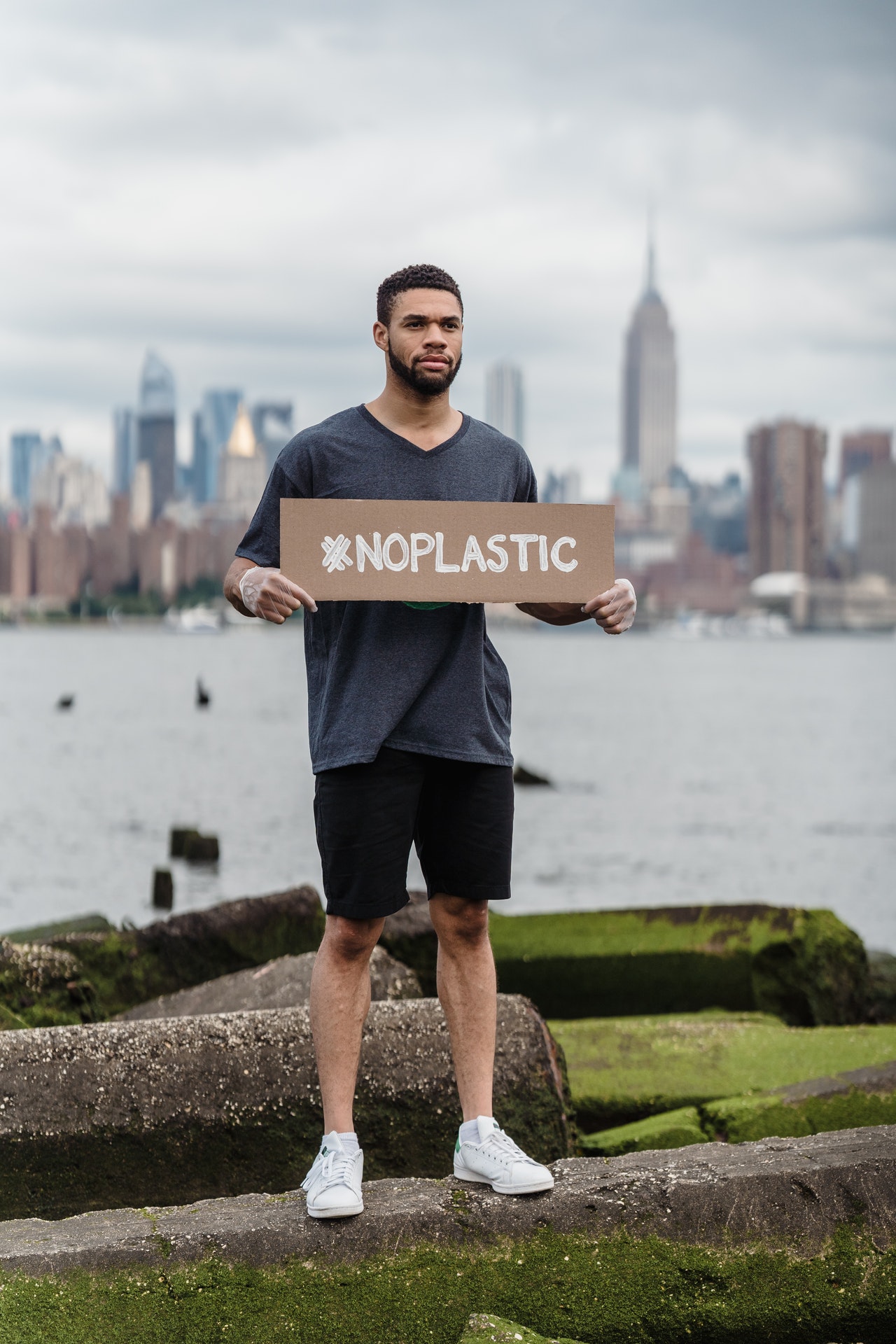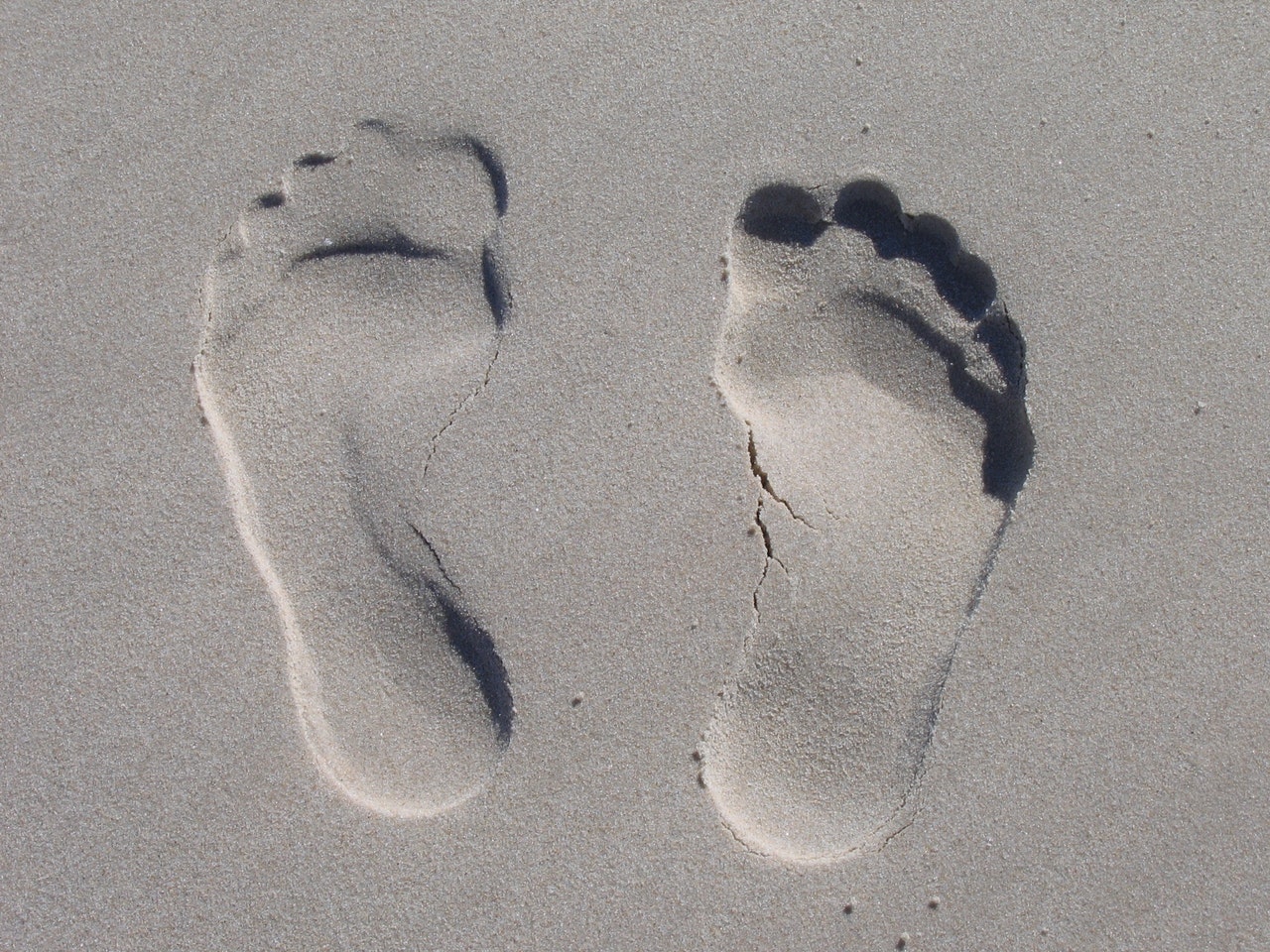Eating, going places, keeping your house warm… What is the carbon footprint of these things, and how can we do things that are better for the environment?
When you drive your car, buy a new outfit, or cook a steak on the barbecue – among other things – you add to the amount of carbon dioxide and other greenhouse gases that get released into the air.
This is your carbon footprint; it’s how much carbon you produce. Many countries, institutions, and companies have promised to cut their emissions, and the EU has even set the goal of being “climate neutral” by 2050. You can also work out how big your carbon footprint is and try to make it smaller. Find out how by reading on.

Set A Good Example
Bad habits have probably contributed more to climate change than anything else on a global scale. We’ve developed some terrible habits. It’s much easier to purchase one-time-use items. When something breaks, we toss it in the trash and buy a new one. Often the reason we purchase a new car is because we want to, not because we have to. When we leave a room, we often forget to turn off the lights.
We live in a convenient and throwaway culture, and the majority of this is a taught behaviour. We follow in the footsteps of our parents and friends. Set a good example today by changing how you live, and your children will follow in your footsteps. There are many practices you can put in place, such as using reusable water bottles, having your lights on timers so they aren’t used when it’s not necessary, and using a ‘bag for life’ in the supermarket, plus much more besides.
Save Money
Convenience and single-use items are not free; we pay extra to use something just once because it is convenient. Fast fashion seems to be inexpensive, but it requires more frequent replacement in the long run. Spending extra money today on sustainable items might save you a lot of money later. The best way to stop using single-use items is to think more carefully about what you buy. Before you buy something, ask yourself if you really need it, if it will last a long time, and if you could use it again. If the answer is no, think about whether there is a better way to do things.
This also applies to repairing appliances, clothes, and other items rather than replacing them at the first indication of a problem. However, if something does need to be replaced, such as your boiler, make sure you use an environmentally conscious company like All Seasons Energy and only buy energy-efficient equipment. Although you’ll still have to replace the item if it’s truly beyond repair, at least the impact on the environment will be less, and energy-efficient units will actually help in the long term.
Save Wildlife
We all love animals, but they need certain things to live and have offspring. Some species around the world are already going extinct because of climate change. Imagine a time when we didn’t have all the animals we love so much. Think about what might happen if bees disappeared, for example – we would lose many plants, and food would become scarce too because fewer crops will be grown.
Therefore it makes sense to do as much as you can to protect the wildlife around your home. If you have a garden, leave at least a small section of it wild. Bees and other pollinators will be attracted to the long grass and wildflowers. You can also set up a bee hotel in your garden, and make sure you leave birdseed out to help as well.
Change Your Thermostat
Installing a smart thermostat can be the best way to keep your home warm in the winter while using less energy. If you can’t do this, setting your timer to go off when the weather changes and turning down the temperature a few degrees could make a huge difference in how much energy you use. It’s a simple but effective change.
Use Less Water
Water has to be processed and brought to our homes, which takes time and money. Also, it takes a lot of energy to keep it warm once it’s there. So, you can help the environment and cut your carbon footprint by using less. Turn off the taps when you brush your teeth, take short showers instead of baths, and only boil as much water as you need.

